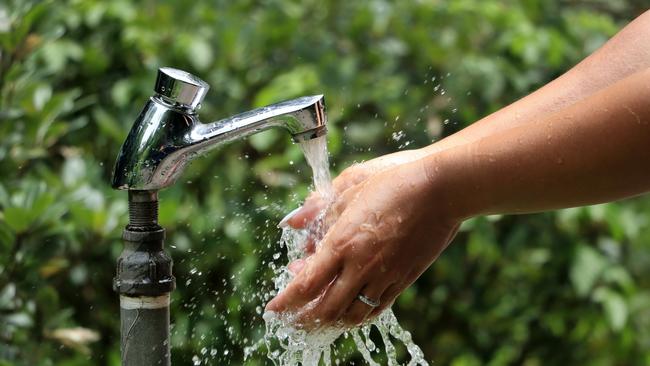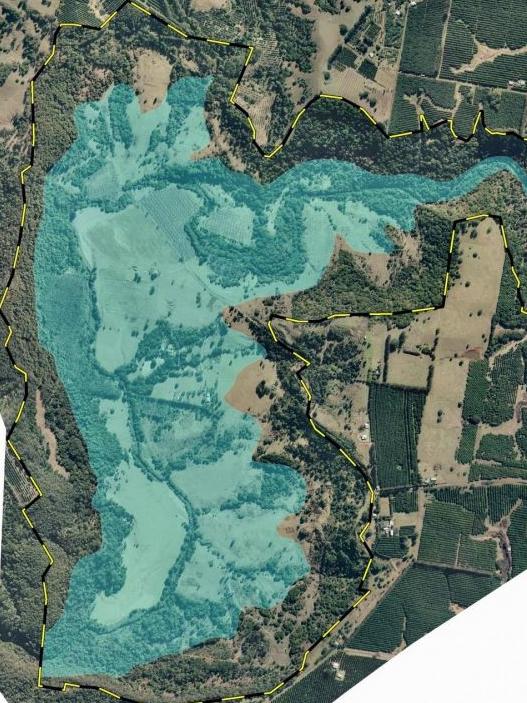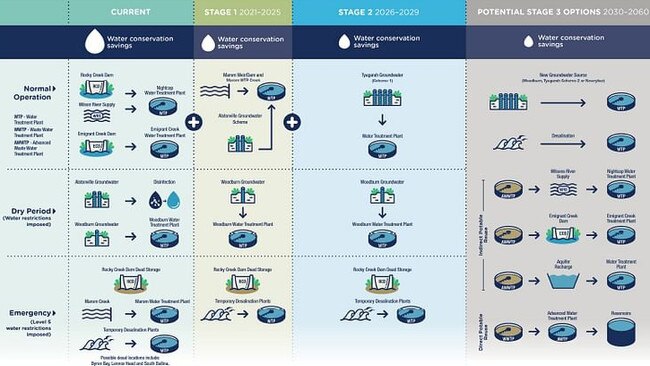Rous councillors have rejected latest attempt to bring the Dunoon dam back
A decision on the Northern Rivers’ future water plan has been made after a fiery debate at an extraordinary Rous County Council meeting.

Lismore
Don't miss out on the headlines from Lismore. Followed categories will be added to My News.
The Dunoon Dam will not be reintroduced to the Future Water Plan 2060 for the Northern Rivers.
The decision was made in a divided vote that followed a fiery debate at an extraordinary Rous County Council meeting on Wednesday.
An amendment by Ballina councillor Sharon Cadwallader to keep the Dunoon dam in the plan and to keep the Alstonville aquifers out of it was lost.
A motion by Lismore councillor Darlene Cook to defer the sale of the land that would be part of a possible Dunoon dam was carried.
The new plan received more than 13,000 submissions of community feedback during its exhibition period, with more than 10,000 in favour of a dam.
The discussion became quite heated between councillors at times.
Without the dam on the plan, stage one of the current Future Water Plan 2060 — 2021 to 2025 — will see investigations commence into “how to overcome the barriers to using purified recycled water for drinking purposes – whether via indirect potable reuse or direct potable reuse”.
In comparison, the 50-gigalitre Dunoon dam project was estimated to cost $220 million in the first ten years.

That project was officially removed from the plan in December 2020 by Rous councillors, but some councillors have tried unsuccessfully to bring it back in three opportunities.
The current Future Water Plan without the Dunoon Dam proposes instead a combination of underground water and other technologies.
The current version of the Water Future Plan 2060 would cost $150 million for the first 10 years.
The plan is to bring new groundwater sources online as additional primary supplies, by “revamping the Alstonville area’s existing groundwater supply scheme, and developing a new groundwater scheme in the Tyagarah area”, the report stated.
“In addition, new bores will be constructed and connected as part of the Woodburn area’s existing groundwater supply. This will provide a greater level of resilience in the event of a drought emergency.”



